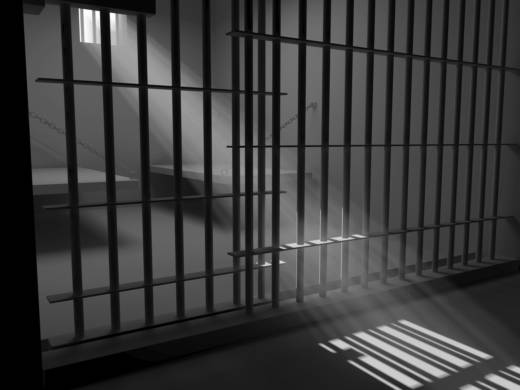All California counties would have to offer an alternative to cash bail under details of a bill that two Democratic lawmakers are revealing Monday.
The proposal, first announced by Assemblyman Rob Bonta and Sen. Bob Hertzberg in December, is sure to set up a big legislative fight in the Capitol. In interviews with KQED News, both lawmakers said they are aiming to make the criminal justice system more effective and fair by ensuring that jails aren't packed with people awaiting trial who simply couldn't afford to post bail.
AB 42 would require, in most cases, that counties conduct a pretrial risk assessment after someone is arrested. That scientifically based assessment would consider not just the current accusations, but the arrestee's entire history and life situation. It would also include recommendations to a judge for their conditions of release. A judge would consider the report and decide whether to release the person, and if so, what conditions they will have to abide by.
Those conditions of release could include ankle monitoring or checking in with a pretrial services officer. Corrin Rankin of the California Bail Agents Association said this is basically like putting people on parole who have not been convicted of a crime. She said the part of what works about California's current money bail system is that bail agents are completely outside the judicial system. They have no stake in an individual's guilt or innocence.
"It’s beside the point," she said. "Our job is to make sure people go to court so that they can have their day. So that justice I guess can be served. Whatever that may be in any particular case. Our only job is to make sure people go to court, and we do it well."
